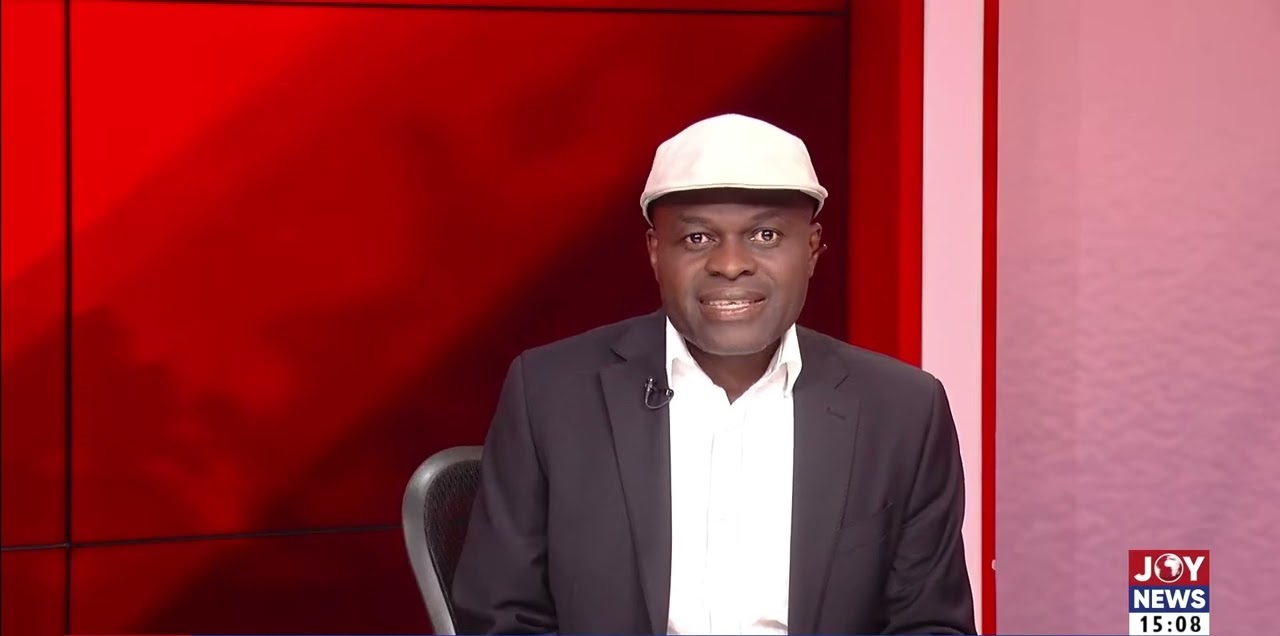Ofori-Atta family’s ‘persecution’ claim permitted but not necessarily right – Martin Kpebu – Nsemkeka
Private legal practitioner Martin Kpebu has offered a nuanced perspective on former Finance Minister Ken Ofori-Atta’s family’s assertion that he is facing “persecution” rather than legitimate prosecution by the Office of the Special Prosecutor (OSP).
The OSP has placed Mr Ofori-Atta on its wanted list and proceeded with an INTERPOL Red Notice to apprehend the former minister and present him to face charges of using his office for personal gains while serving under the erstwhile Akufo-Addo government.
Speaking on Joy FM’s Super Morning Show (SMS) today, June 10, Mr Kpebu acknowledged that while the Ofori-Atta family might be entitled to their interpretation, the validity of their claim is complicated by the OSP’s apparent reluctance to engage with an alleged offer of cooperation from the former minister outside Ghanaian jurisdiction.
He was responding to a purported letter issued by the family of Mr Ofori-Atta in which they accused the OSP of persecution and requested INTERPOL to remove their kinsman from their Red Notice list.
The “persecution” narrative from the Ofori-Atta camp has gained traction amidst the OSP’s recent re-issuance of a Red Notice for the former Finance Minister, who is reportedly out of the country for medical reasons.
Mr Kpebu, however, cautioned against dismissing the family’s sentiment outright, even if its legal basis is questionable.
“You can’t take that argument from them, no… that’s their interpretation,” Mr Kpebu stated, emphasising that the family’s viewpoint stems directly from the OSP’s handling of the situation.
He elaborated, “Once OSP didn’t take that offer [for cooperation], we can’t take that argument from them that they see this as persecution.”
This suggests that the OSP’s perceived procedural rigidity, by insisting on Ofori-Atta’s physical presence in Ghana despite an alleged offer to assist from abroad, has created an opening for the family’s counter-narrative.
Mr Kpebu strongly argued that the OSP could have adopted an alternative approach.
He highlighted the existing framework of Mutual Legal Assistance (MLA), a formal process between sovereign states that allows for obtaining assistance in the investigation or prosecution of criminal offences.
Ghana has various MLA agreements with international partners, enabling procedures like evidence gathering, witness testimonies, or even the transfer of suspects when they are outside national borders.
“I believe if we use the right processes, we can still go through and hold him accountable,” Kpebu asserted, implying that leveraging MLA would not only uphold the integrity of the investigation but also effectively defuse any claims of “persecution”.
He clarified his stance: while the family “can make that argument”, it “doesn’t mean that the family are right.” He found their statement “doesn’t appear to be unreasonable”, given the circumstances, but this does not equate to its factual or legal accuracy.
The legal expert’s comments add a layer of complexity to the ongoing public discourse surrounding Ken Ofori-Atta’s case, placing the spotlight not only on the accused but also on the strategic and procedural choices of the prosecuting authority.

